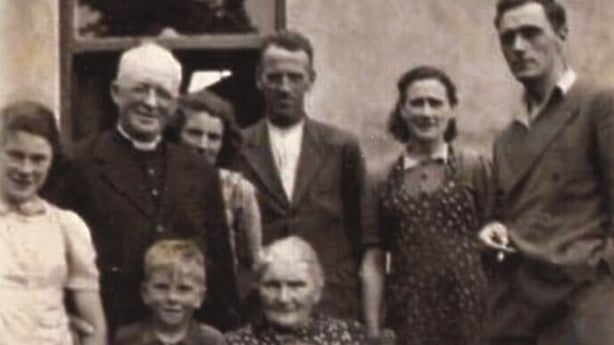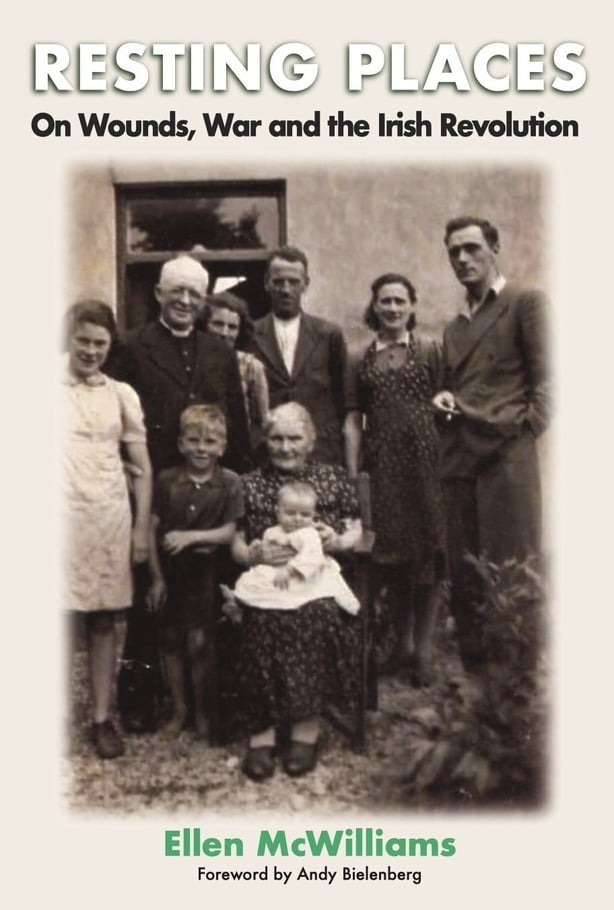Academic and author Ellen McWilliams introduces her acclaimed new book Resting Places: On Wounds, War and the Irish Revolution - read an extract here.
'I have always done my best not to believe in ghosts,' I promise in this book.
In approaching the history of the Irish War of Independence, the Irish Civil War and the Dunmanway Massacre of April 1922 – the murder of 13 Protestant men by the West Cork IRA during a time of truce – Resting Places: On Wounds, War and the Irish Revolution is marked by uncanny correspondences and disturbances.
The genesis of this book was a coming to consciousness, a loss of innocence, at times it felt like a punishment, a curse, at other times it seemed like something close to a writing cure.
Resting Places is a book about the madness of history and the fear of it, the need to outrun it. I confess this with some trepidation, even though this book is in all ways honest – honest about the anguish and outrage that drove the writing on – because such honesty carries the risk of being considered strange, eccentric, beyond the pale even.

This book is not a memoir, although it might be mistaken for a collection of personal essays – anyone who puts their life on the page takes a great risk and this book is written through the prism of my life, but I insist this book is not about me. If it is anything, it is a broken prayer for a most painful history, an elegy for the place that raised me, and I can only hope that in bringing the atrocity of April 1922 back into the light, I do no harm.
One of the few things I have no doubt about is that the book does not turn its back on the bravery of my grandfather’s family, who were in the West Cork IRA – with all that they suffered and sacrificed for their faith in the promise of an Irish Republic. It is a genuflection to their courage as well as being a book about the pain of facing up to the kaleidoscope of the past and its attendant terrors.
Resting Places honours the writers and poets who have mattered most to me and books continued to provided consolation after my own had gone to press. I found myself drawn North, to Seamus Deane’s Reading in the Dark (1997), a novel set in Derry at mid century that opens with a ghost on the stairs, another book in which the history of the Irish revolution of the 1920s refuses to lie down.
There is a moment when a character insists that some families and perhaps even communities have to face up to the crimes of history, otherwise they risk being haunted by ‘Some terrible deed that was done in the past, and it just spreads and it spreads down the generations like a shout down a tunnel that echoes and echoes and never really stops’.
My own writing attempts to catch this echo, to give it a human voice, so there is hope the future might yet rest easy.

Resting Places is published by Beyond The Pale Books - find out more here.

